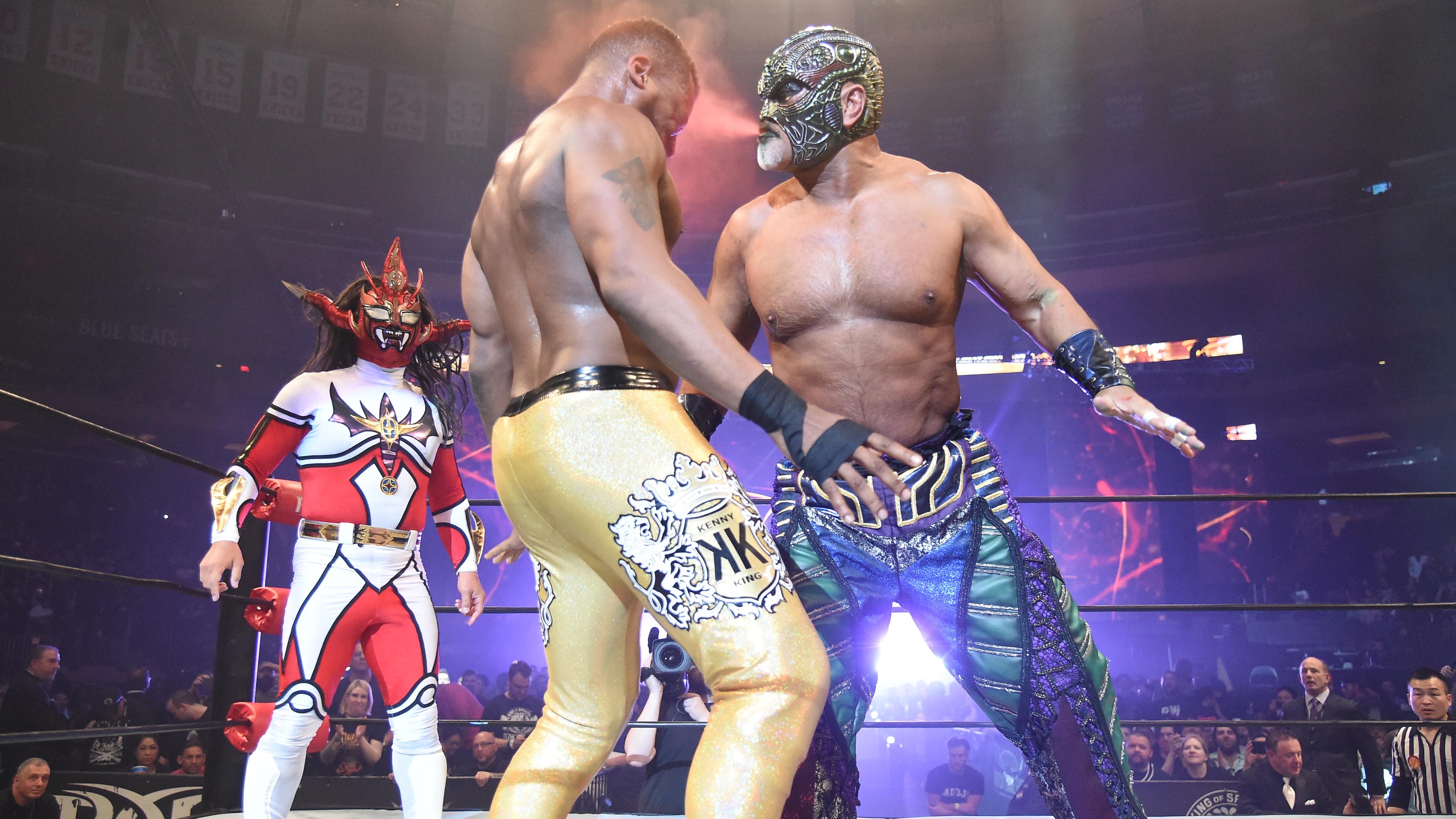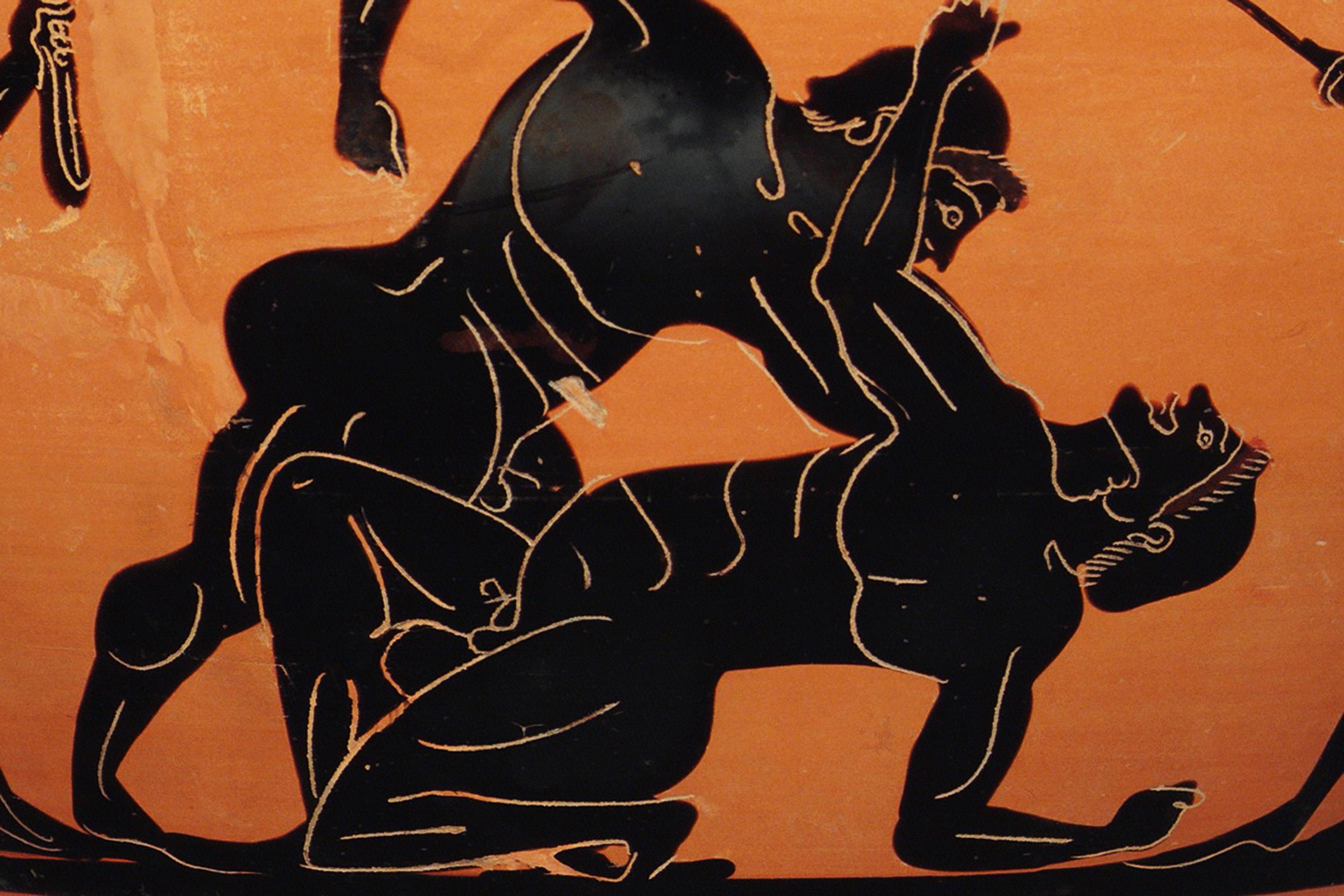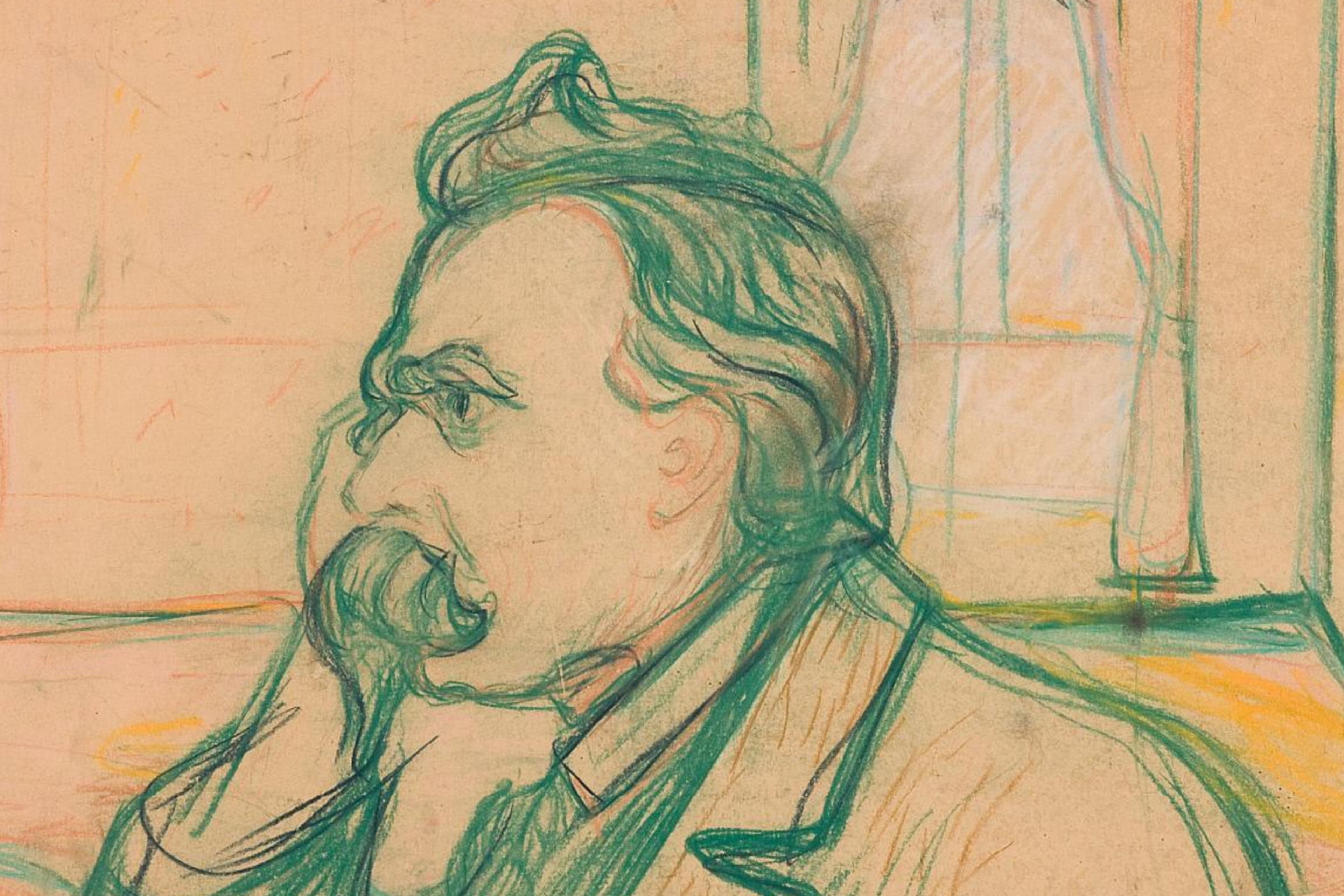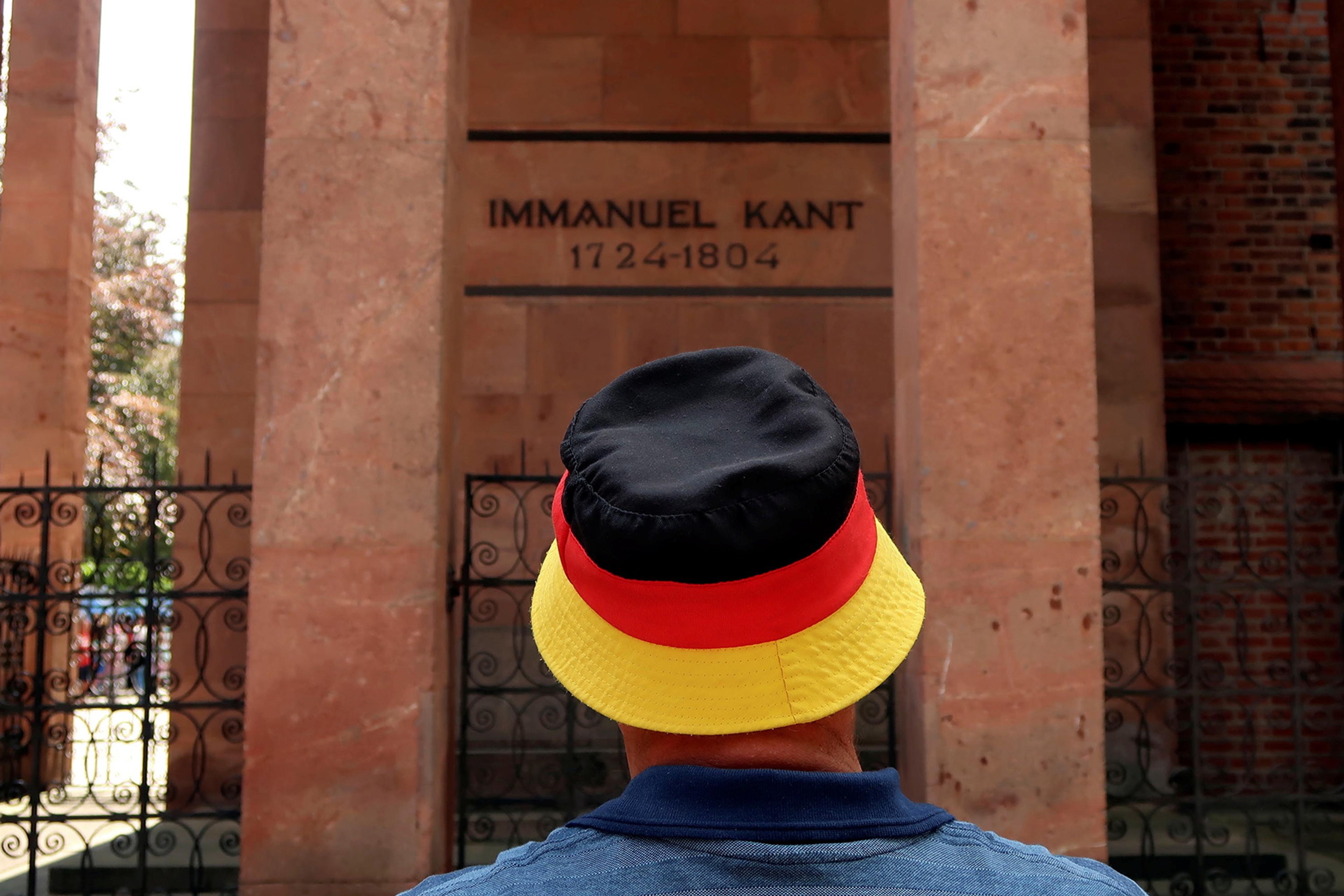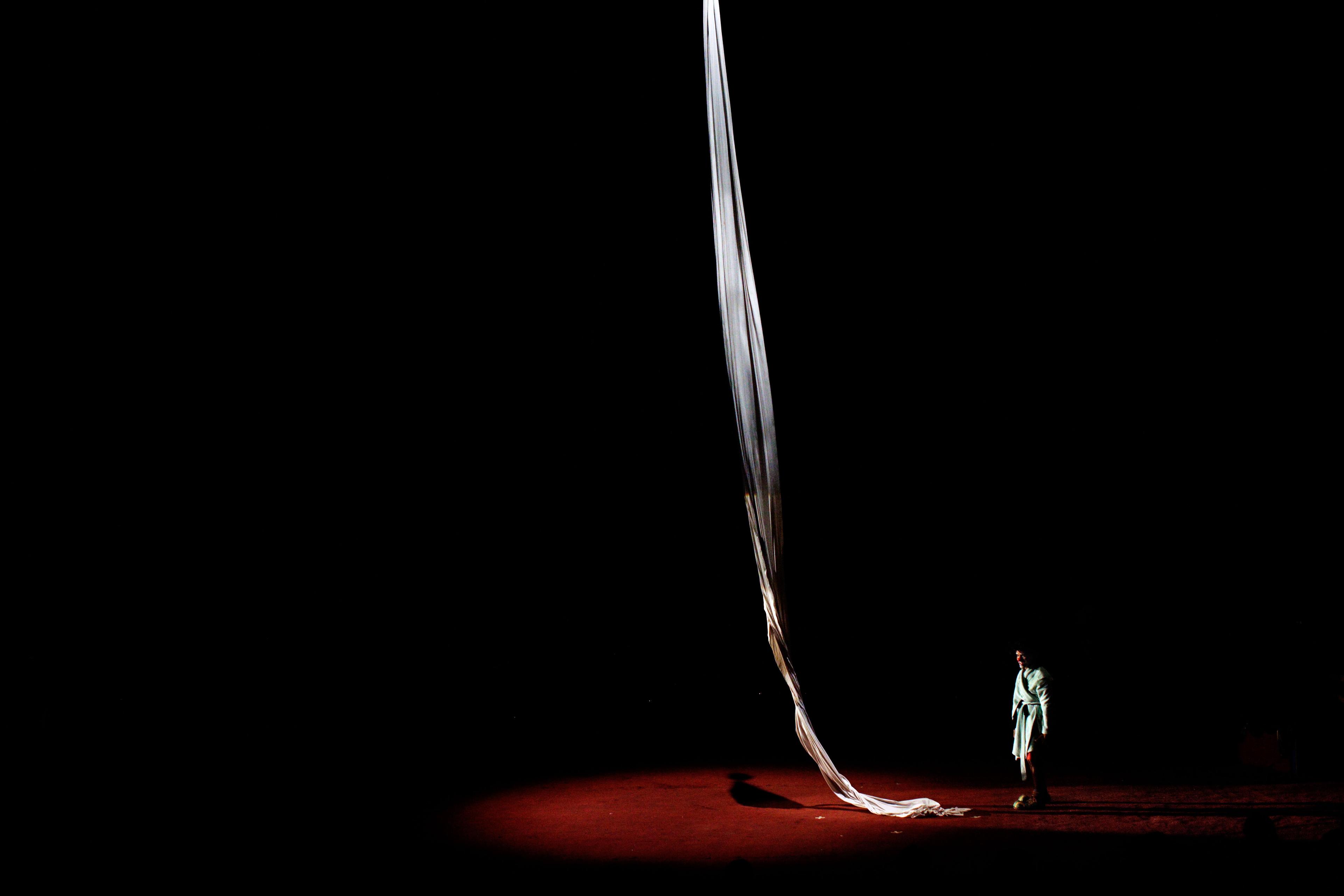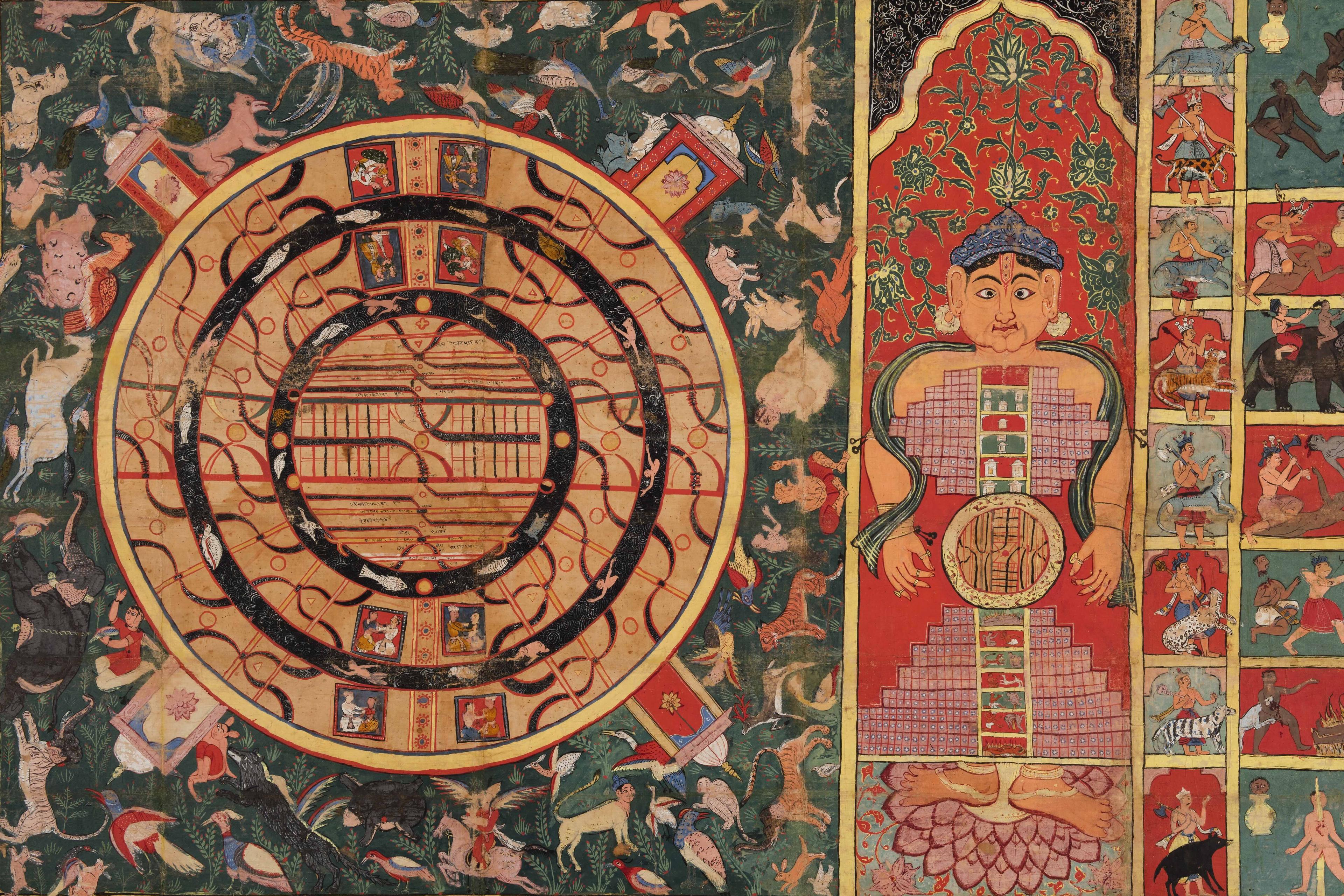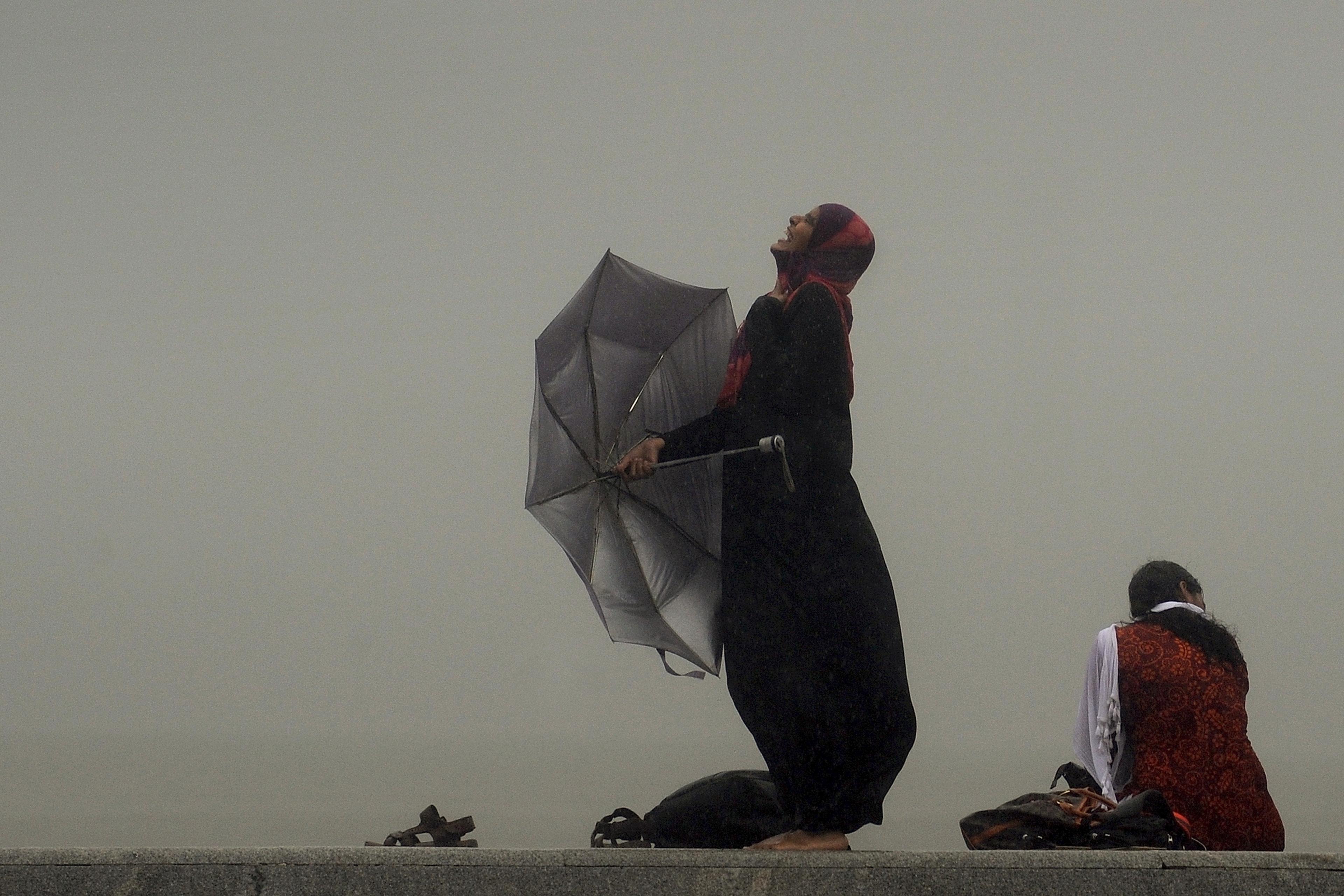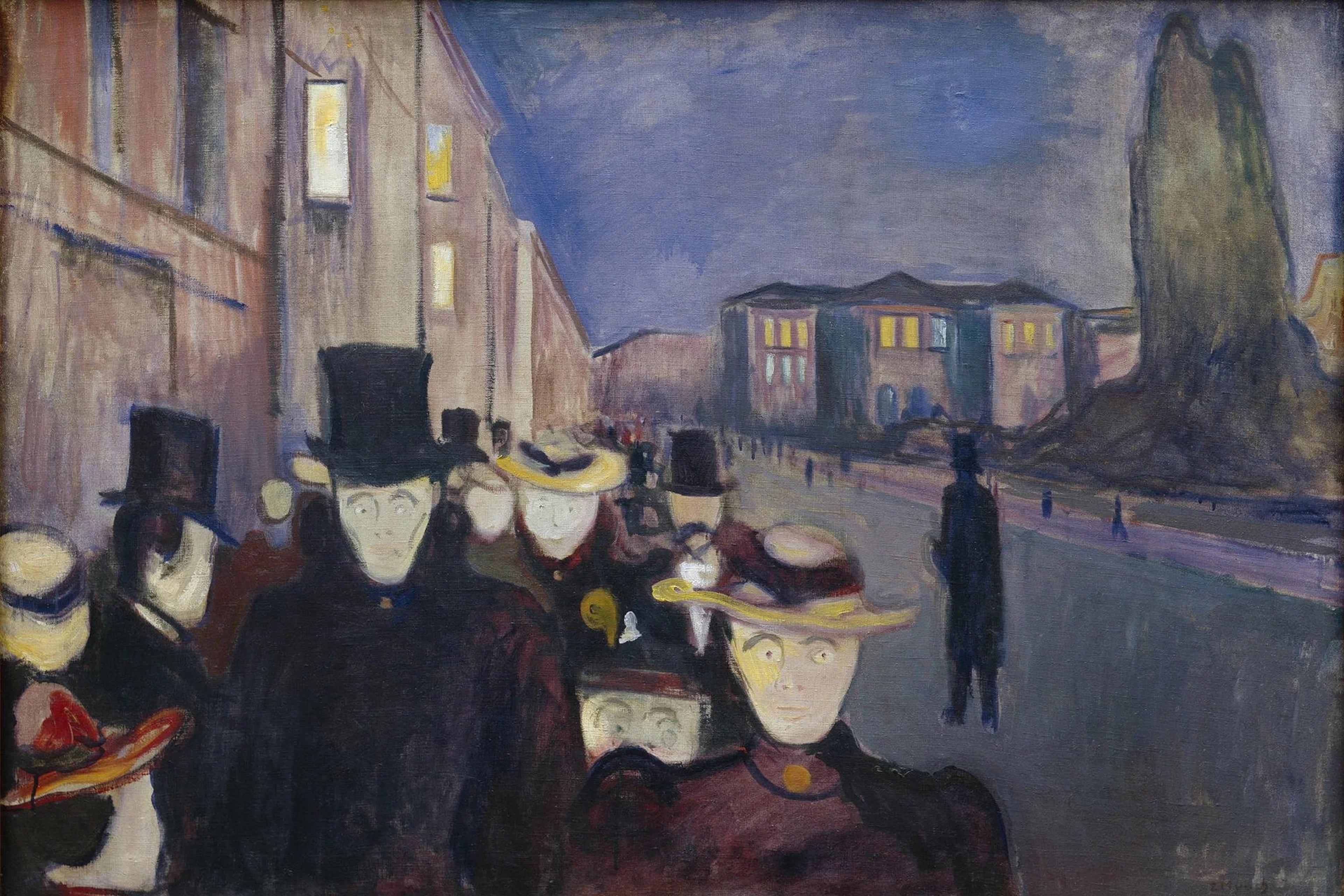Plato’s Allegory of the Cave paints a vivid picture of the relationship between humans and the reality we inhabit. We are prisoners in a cave, forced to look at shadows on the wall that appear to us to be the limits of reality. Only the hardy enquirer, through a tremendous force of will and philosophical cunning, is able to break the ties that bind and see the real objects that cast the shadows. With further effort, she climbs out of the cave, blinking into the light of true reality, a reality that no one still in the cave has contemplated or is prepared to accept.
The quest for truth, and the desire we seem to have for it, is a hallmark of many philosophical traditions. It’s often presented as something that is essential to human beings – the unexamined life, Socrates claimed, is not worth living. We seek to penetrate beyond mere appearances and uncover the true nature of reality. To that extent, we are all philosophers. Whether it be perceptual appearances of the external world, introspective awareness of our own true selves or knowledge of what we ought to do, philosophers counsel us to look beyond. If we can’t get to the truth, we at least want to know that, and know the limits of our knowledge.
There are many obstacles that headstrong enquirers must overcome to have even a chance of glimpsing true reality. Some of them are external – sometimes their environment, or the other people around them, thwart such efforts. Other obstacles, which I want to focus on, are internal: stemming from the limits of our own perceptions, and our own desires for reality to be masked. I will illustrate this by turning to a passion of mine, pro wrestling. More an intensely physical performance art than a sport, this activity has rarely been discussed by philosophers – Roland Barthes’s essay ‘The World of Wrestling’ (1957), Lisa Jones’s article ‘All Caught Up in the Kayfabe’ (2019) and my recent book Philosophy Smackdown notwithstanding – but it sheds some light on the psychology of truth-seeking.
We all know that pro wrestling is not a sport in the sense that boxing is. Pro wrestling presents as a genuine struggle between wrestlers for victory, but it does so with a complicit nod to the audience: we realise that what we’re seeing is people playing characters and working together put on a show. As Barthes puts it, this show is often a spectacle about suffering, defeat and justice – or, more brightly, it tells stories of virtue and vice, heroism and villainy. Here we have a reality – the elaborate pantomime and character development behind the constructed reality of the show – and the superficial appearance of a genuine contest. Pro wrestling even has a word for the staged version of reality: kayfabe (pronounced to rhyme with ‘hey babe’).
If we want the whole truth, there is also a third level of reality: the reasons why the performers are telling the story they are. This is the ‘ultimate’ reality of the bookers or promoters of the wrestling show who determine the storylines, and who wins and who loses, and that’s mostly a story about the bottom line: which sorts of contest will draw the fans and make money for the promoters.
To discover these things is to ascend out of Plato’s cave, and find out the truth behind the matches, the wrestlers and the shows. This is so tantalising for pro wrestling fans that it drives a massive side-industry of newsletters, biographies and tell-all podcasts. Wrestling fans know that much of what they’re seeing is appearance rather than reality, but there is some reality there, and they love to detect and discuss it. Some of the most talked-about moments in pro wrestling are those where real life intrudes (or seems to intrude) into the shows, apparently giving fans first-hand access to the forbidden reality beyond. The moments when the fourth wall is broken, like when an actor comes out of character and tells a member of the audience to turn off his mobile phone. Pro wrestling fans are truth-seekers, like philosophers, wanting to get behind the appearances and find out what their heroes and heroines are really like, what is really happening in the ring, which parts are scripted, which improvised, and which simply the expression of the wrestlers’ own personalities.
It looks like escaping the cave should be easy for the pro wrestling fan: listen to the right podcast, or find the right social media account, and you can uncover the truth. But it’s not quite that simple. What do you do when you get conflicting versions of the same event? How can you be sure that the social media account you find is the real person and not, in some way, a further presentation of the character? How can you tell if you’re being further manipulated by the storytellers? The short answer is: you can’t. For anything that purports to depict reality, you can always wonder if it’s part of the show, another layer or part of a narrative with a purpose other than guiding you to truth.
In philosophy too, much the same holds. When we perceive something, we can always ask if that thing is really there, and sceptical scenarios from Plato through René Descartes to The Matrix (1999) give ample grounds for doubt. Could I be dreaming? Could I be a character within an elaborate game created by superintelligent beings? We have reason to doubt if there are conclusive arguments for any claim that can’t be met with equally powerful counterarguments.
There’s nothing stopping us from demanding an answer but, invariably, an answer is hard – if not impossible – to give. Given that appearances are all we have direct access to, this is a powerful argument for an inescapable, and somewhat tragic, scepticism: we have the urge to pursue reality but are eternally thwarted in this effort, as we can never be sure of recognising reality even if we meet it.
So are we left in the position that Descartes described at the end of his ‘First Meditation’ (1641), in a whirlpool of doubt, unsure of how things really are? A deeper issue is whether pursuing reality is ultimately an essential part of what drives us. Do we really want the truth? Friedrich Nietzsche thought that ‘We possess art lest we perish of the truth’ – his point was that humanity can take only so much truth without coming to harm. Instead, we need to come at it through art, not stare directly into the abyss.
While pro wrestling fans love the moments when the backstage reality (or the appearance of another reality) seeps into the show, this has its limits: if the shows become too much about backstage machinations, then fans switch off. This happened in 2000 when World Championship Wrestling Inc, in a desperate quest for TV ratings, explicitly referenced the staged aspects of the shows, presented the ‘writers’ on screen, referenced scripts and depicted wrestlers unhappy at being asked to lose matches. Far from turning things around, this led to plummeting ratings and the company going out of business shortly after.
One of the reasons this didn’t work, in spite of notable fan interest in backstage politics, is that fans don’t want just the reality. This is not, pace Nietzsche, anything to do with the risks of knowing the truth. Fans want to be given the appearance, the show, and then enjoy speculating about what’s really going on. If the reality were simply laid out for all to see all the time, it wouldn’t be interesting – you want the flicker of mismatch between appearance and reality, as that is what stimulates us to investigate.
The same goes in other parts of life too, particularly philosophy. If the nature of the world, or ourselves, were open, unhidden, would we really care so much? Aristotle said that philosophy begins in wonder – but for there to be wonder, there need to be things to wonder about. There need to be puzzles, riddles and hidden realities, questions about the relationship between appearances and reality. This is especially powerful when we consider that most philosophical problems haven’t been categorically solved despite thousands of years of enquiry, and the lack of agreed-upon solutions makes the subject only more interesting.
So, just as too much reality puts pro wrestling companies out of business, too much reality would put the philosopher out of business as well. In any case, for better or for worse, reality isn’t freely available to us and mysteries abound, so philosophy has plenty of work to do. Philosophers, like pro wrestling fans, are happiest when they don’t know everything, and that’s a good thing.
